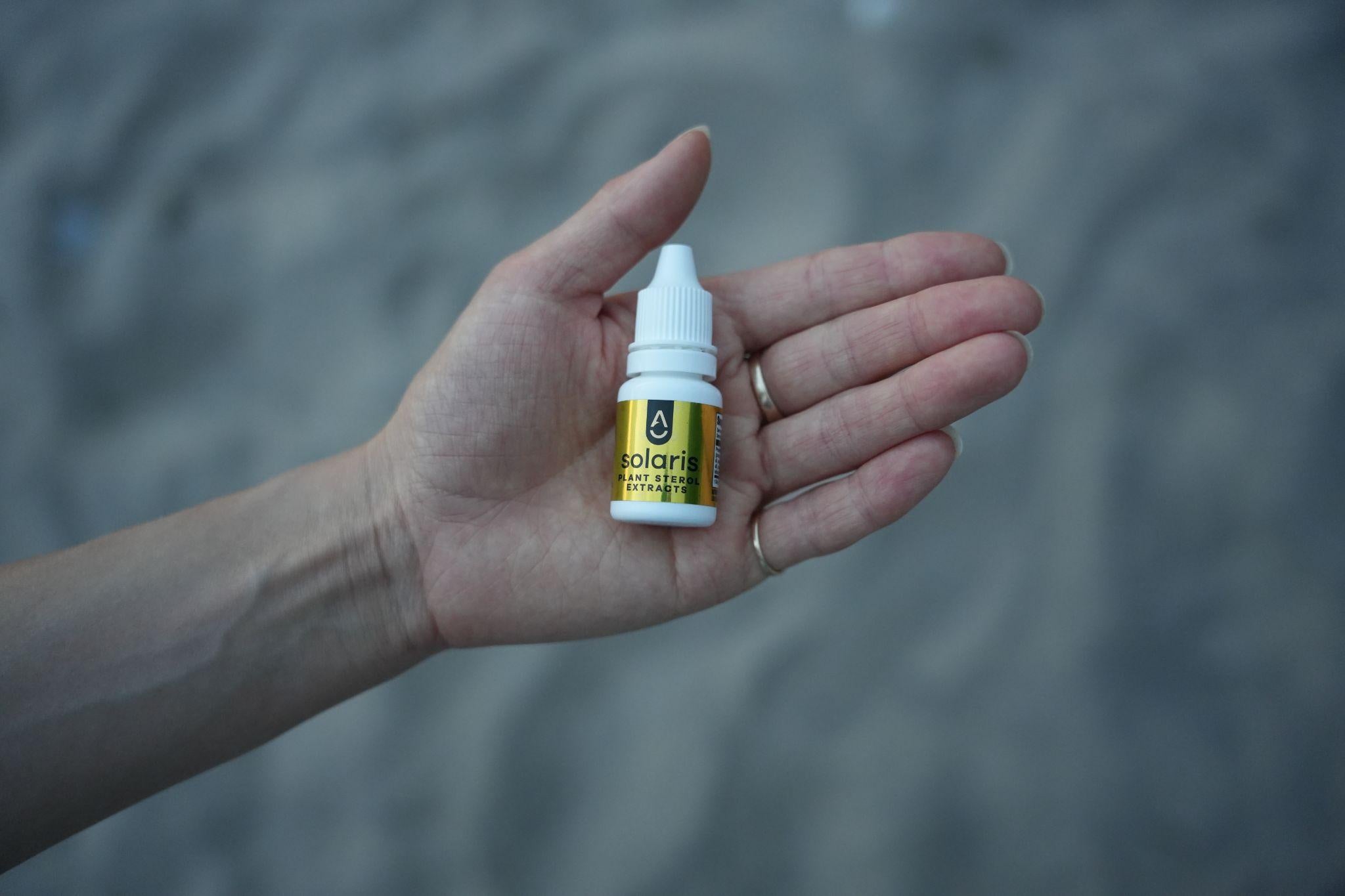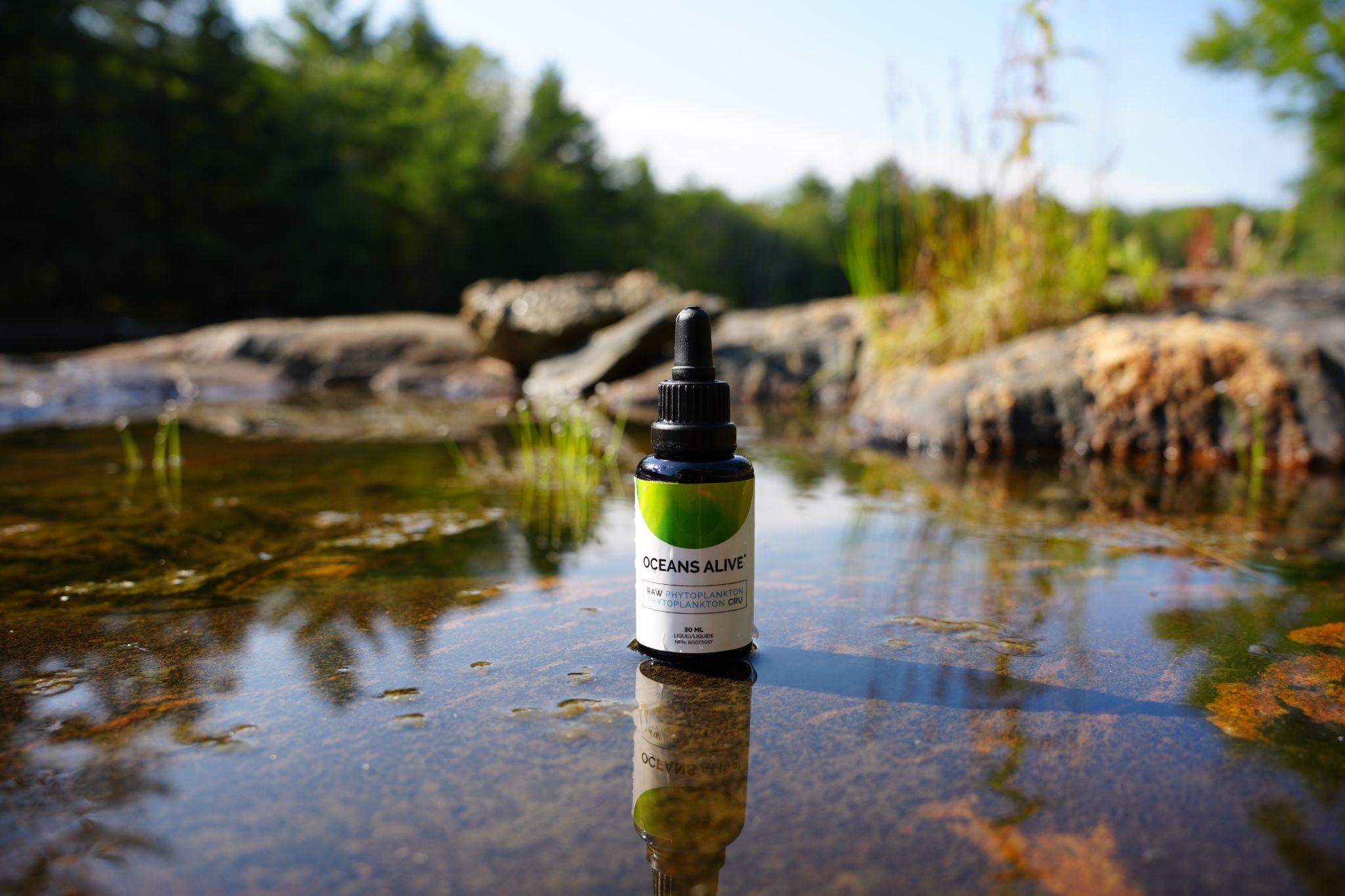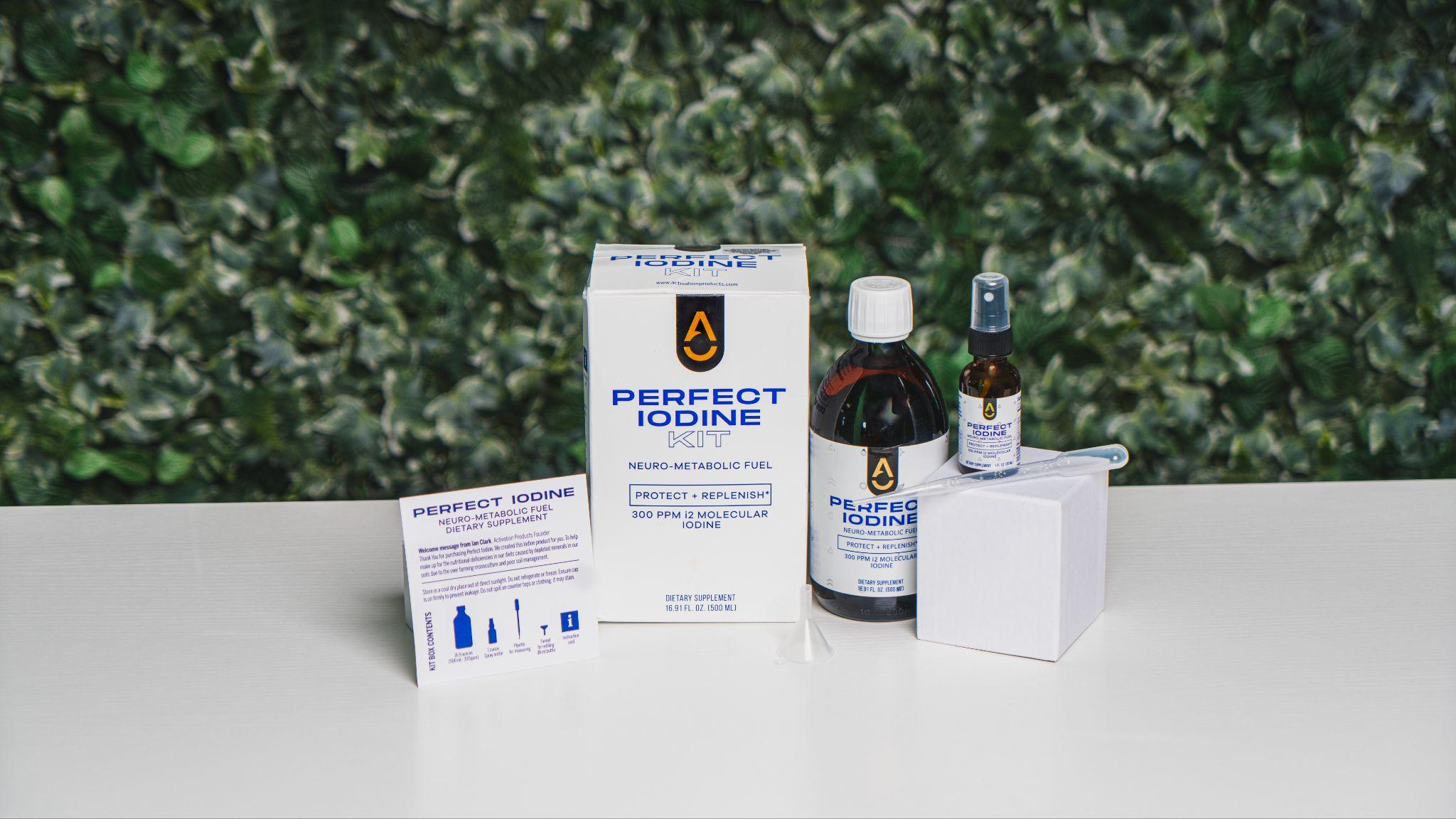
Pregnancy is a beautiful and transformative experience, but it sure does come with its downsides. In the first trimester, one of the most intense side effects for many pregnant women is morning sickness.
Intense nausea, vomiting, and fatigue can make pregnancy very uncomfortable, leading many expectant mothers to seek safe and effective remedies. So, what are their options?
One option that’s gaining popularity is magnesium spray for morning sickness. Magnesium is a vital mineral that plays a crucial role in various bodily functions, including nausea regulation.
But does magnesium spray help morning sickness? In this article, we will explore how magnesium spray can help pregnant women manage morning sickness and enjoy a more pleasant pregnancy experience.
A Brief Overview of Morning Sickness
Let’s start by discussing some of the morning sickness basics. Then we can move on to the science behind magnesium and how it can help treat morning sickness symptoms.
What is Morning Sickness?
Morning sickness is a common condition experienced by many pregnant women. It is characterized by feelings of nausea, sometimes accompanied by vomiting. Morning sickness usually occurs during the first trimester of pregnancy. Despite the name "morning sickness," it can actually occur at any time of the day or night, and the severity can vary from mild discomfort to severe vomiting that can even require medical attention in some cases.
What Causes Morning Sickness?
The exact cause of morning sickness is not fully understood, but it seems to be related to the hormonal changes that occur during pregnancy. The increase in hormones such as estrogen and human chorionic gonadotropin (hCG) can disrupt the normal functioning of the digestive system, leading to nausea and vomiting. Other factors that may contribute to morning sickness include a heightened sense of smell, a sensitive stomach, and increased stress or anxiety.
When Does it Start and How Long Does it Last?
Morning sickness usually begins during the first trimester of pregnancy, typically around the 4th to 6th week. It can last into the second trimester, or even throughout the entire pregnancy in some cases. The symptoms, severity, and duration of morning sickness are different for every woman, and even for every pregnancy.
Does Magnesium Help With Morning Sickness?
Recent research suggests that magnesium plays a role in managing morning sickness during pregnancy, but what’s the actual link between magnesium and morning sickness?
How Does Magnesium Spray Help Morning Sickness?
Rather than taking oral supplements (which can be hard to keep down if you’re experiencing morning sickness!), magnesium spray can be used instead. This topical magnesium is sprayed onto the skin and is a convenient, easy way to supplement magnesium during pregnancy.
Magnesium has been found to have antiemetic properties, which means it can help reduce nausea and vomiting. It is believed that magnesium helps regulate the nervous system and muscle contractions, including those in the digestive tract, which can help ease the symptoms of morning sickness. Magnesium also has a calming effect on the body and reduces stress and anxiety, which often exacerbate morning sickness.
Other Benefits of Magnesium Beyond Morning Sickness Relief
Magnesium and morning sickness is just the beginning. Magnesium brings a lot of other health benefits with it! Magnesium plays a vital role in many biological functions, and not getting enough of it can wreak havoc on our bodies. As well as morning sickness, some of the uses for magnesium spray include:
- Reducing restlessness and improving your quality of sleep
- Helping with achy joints and muscles that develop through pregnancy
- Bringing a feeling of calm and relieving feelings of anxiousness
- Improving with memory and focus
- Relieving nerve pain such as sciatica
You can also use magnesium spray for headaches, magnesium spray for restless legs, and enjoy many other benefits of magnesium spray that will help you feel a lot better during pregnancy.
What Magnesium is Best for Morning Sickness?
There are lots of magnesium products on the market, so how do you know which one is best for your morning sickness? And what’s the best way to take magnesium supplements for morning sickness? Let’s take a look at the best tips for magnesium and morning sickness.
Which Specific Type of Magnesium is Ideal?
Many magnesium products contain magnesium chloride. Although it’s common, this type of magnesium has low “bioavailability,” which means it isn’t absorbed well by the body and a lot of it goes to waste - you’re really just paying for something you can’t use properly.
On the other hand, magnesium chloride hexahydrate is absorbed much more efficiently. There are also many other magnesium chloride hexahydrate benefits you don’t want to miss out on! So, next time you’re weighing up magnesium chloride hexahydrate vs magnesium chloride, remember that magnesium chloride hexahydrate offers a lot more for your body.
Topical vs Oral Magnesium Supplementation
As we mentioned, oral magnesium can be difficult to swallow and keep down if you’re experiencing morning sickness. It also takes a long time to start working and isn’t absorbed very well by our digestive system. Plus, oral magnesium isn’t tolerated by everyone and can cause painful digestive symptoms, as well as potential kidney or liver issues if used too much.
On the other hand, topical magnesium spray for morning sickness is ideal. Rather than waiting for hours to digest an oral supplement, topical magnesium starts working within a couple of minutes of application. Not only can magnesium be absorbed through skin, but it’s much easier for the body to use it this way, delivering more effective relief from morning sickness symptoms. Topical magnesium also doesn’t come with any of the unwanted side effects of oral magnesium, making it the clear winner here.
Why Ease is the Best Magnesium for Morning Sickness
At Activation Products, our Ease topical magnesium spray is the best magnesium spray for pregnancy and morning sickness. Ease is made using nothing but 100% pure, pharmaceutical-grade magnesium chloride hexahydrate. This incredible, all-natural magnesium is the very same that you will find in the healing waters of the Dead Sea.
Because it’s completely pure, Ease doesn’t cause any type of skin reaction, itching, or irritation when applied. It also doesn’t leave a film on your skin like some other magnesium sprays. A spray of Ease starts working within 90 seconds, easing your morning sickness symptoms before you know it. Without a doubt, Ease is the most bioavailable, fastest-acting, and overall best magnesium spray for morning sickness.
Tips for Using Ease Magnesium Spray for Morning Sickness: Dosage, Frequency, and More
Now that we’ve discussed how magnesium and morning sickness works, let’s take a look at how to use magnesium spray for morning sickness.
When Should You Use Magnesium for Morning Sickness?
You can use magnesium spray for morning sickness at any time. Because Ease is sprayed onto the skin and not taken orally, you don’t need to worry about taking it with food or on an empty stomach.
It’s also perfectly safe to use Ease preemptively, before your morning sickness symptoms take hold. You can also start using Ease after your symptoms come on - it starts working almost immediately and should provide rapid relief.
How Much Ease Should You Use at a Time?
When it comes to using magnesium spray, it’s best to start with a small amount of Ease and gradually increase your dose if necessary. In general, most people aim for 30-40 sprays of magnesium each day, but it really depends on your symptoms and how much magnesium was in your body initially.
Now, that doesn't mean you have to spritz yourself 30-40 times at once. You can spread these out throughout the day. The great thing about Ease is that you’re not just using it “as needed”. Over time, you’re overcoming magnesium deficiency and topping off your stores.
All of this is to say that you don’t just have to use Ease when you feel sick. You can use it a few times throughout the day at your leisure.
Other Tips on Using Magnesium to Make Morning Sickness a Problem of the Past
When using magnesium spray for morning sickness, you have to think about where to apply it. Many women choose to spray Ease on their upper abdomen. The skin of your stomach is relatively thin, and magnesium is absorbed readily and rapidly here. If your morning sickness also comes with headaches, you may choose to spray some Ease on your temples to relieve the throbbing.
More Advice on Overcoming Morning Sickness Beyond Magnesium Supplementation
As well as magnesium, there are lots of other steps you can take to help soothe your morning sickness symptoms. Eating small, frequent meals throughout the day can help prevent an empty stomach, which may worsen nausea. Opting for bland, easy-to-digest foods such as crackers, toast, or rice can be beneficial. Avoiding spicy, greasy, and strongly flavored foods may also help reduce symptoms.
Staying hydrated by drinking plenty of water or ginger tea can also help alleviate nausea. Fatigue and stress can worsen morning sickness, so getting enough rest and managing stress levels is important. Taking naps, practicing relaxation techniques such as deep breathing, yoga, or meditation, and engaging in activities that help reduce stress can be beneficial.
Closing Thoughts on Using Magnesium Spray for Morning Sickness
Not only does magnesium spray help morning sickness, but it brings a lot of other benefits for pregnant women as well, including easing aches and pains, helping with restless legs, improving sleep, and reducing anxiety.
The best magnesium spray for morning sickness is Ease. Made from pure magnesium chloride hexahydrate, Ease is absorbed efficiently by the body and gets to work in just a couple of minutes for fast relief.
Get fast relief from morning sickness with Ease!






How Long Does it Take to Correct Magnesium Deficiency?
Does Magnesium Help With Pain? Joint, Back, Stomach, Nerves, and More